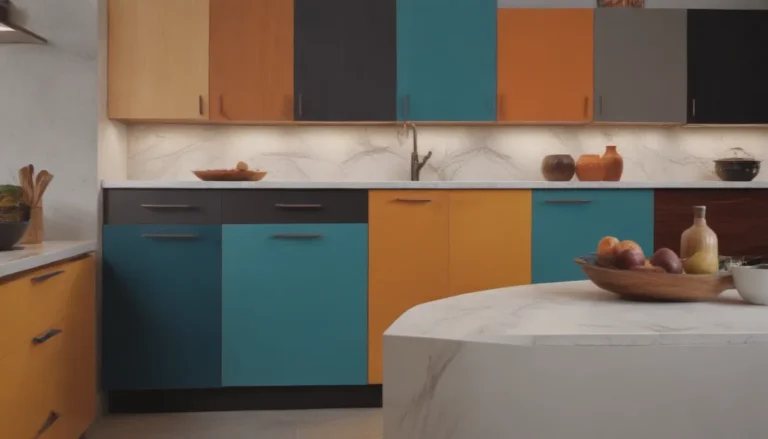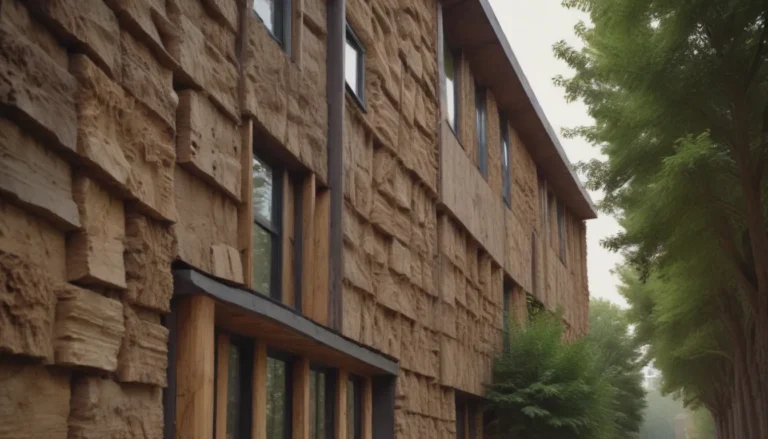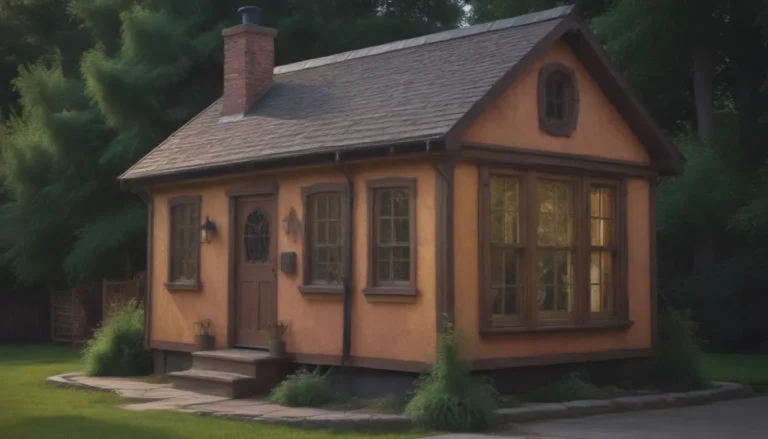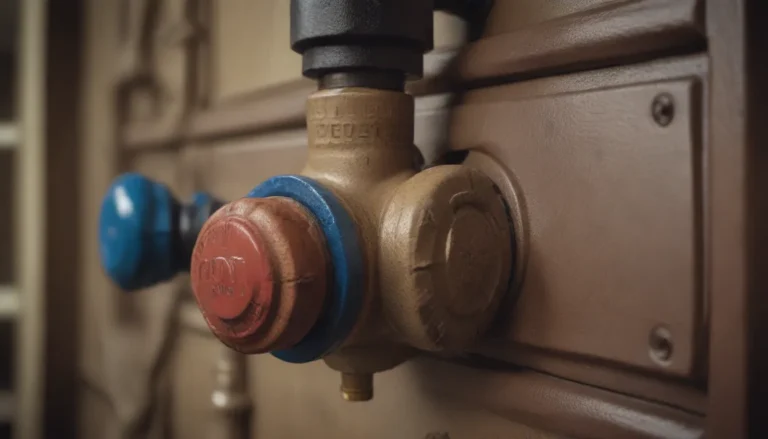Quartz vs Granite Countertops: Everything You Need to Know
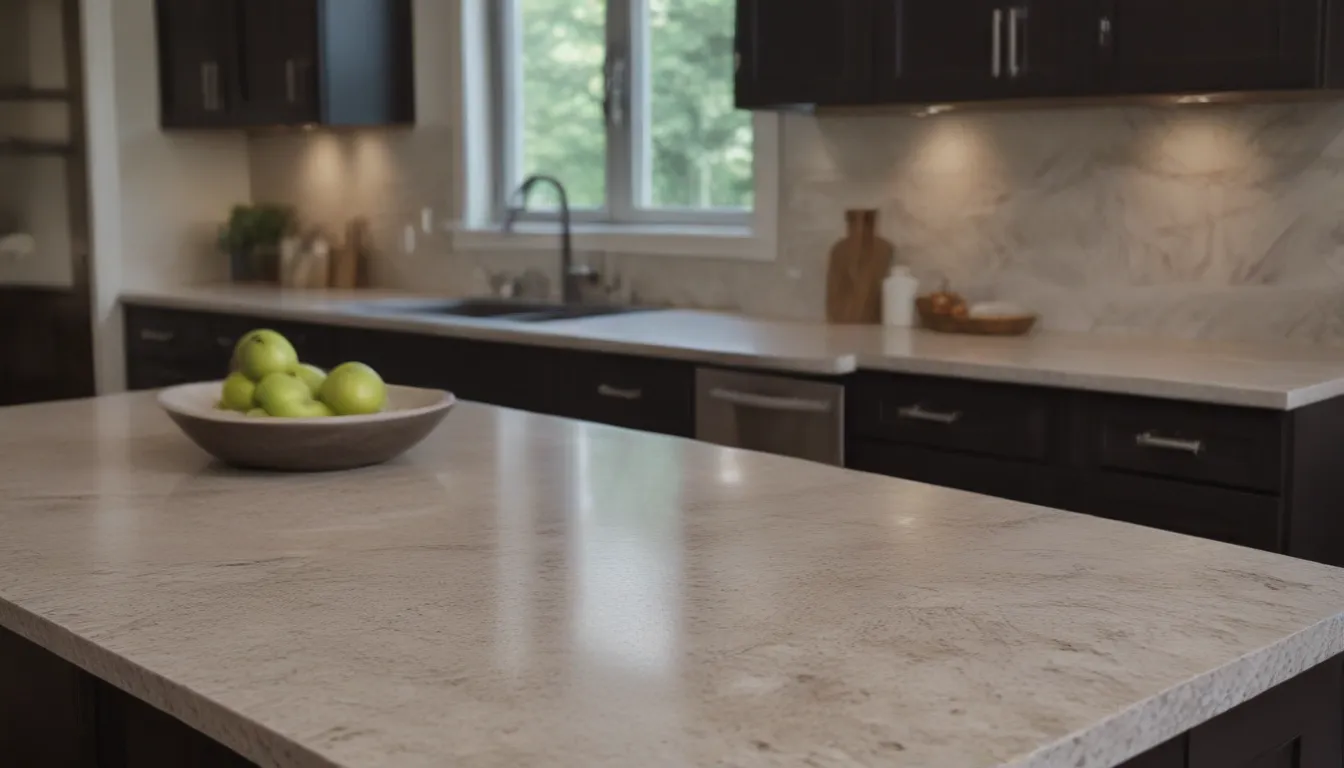
Are you in the market for new bathroom or kitchen countertops? The decision often comes down to two popular materials: quartz and granite. At first glance, it may seem like these two options are quite similar. Both quartz (an engineered stone) and granite (a natural stone) are premium materials with comparable price points. But when it comes to composition, appearance, cost, environmental impact, and maintenance, there are key differences that could sway your decision one way or the other. So, how do quartz and granite countertops stack up against each other, and which one is the best choice for your home?
Composition
Let’s start by looking at the composition of these two countertop materials. Quartz countertops are synthetic stone products made of quartz chips or dust mixed with resins. While most of the material is composed of minerals, up to 15% can be resins and color pigments. On the other hand, granite countertops are slabs of quarried stone that are cut into thin slabs, polished, and fabricated into countertops. The key difference here is that quartz is an engineered product, while granite is a purely natural stone.
Appearance
When it comes to appearance, quartz countertops are more uniform in their look compared to granite countertops. With quartz, you have the option to choose from a wide range of colors and unique patterns. While quartz is often engineered to resemble stone, there are also non-stone formats available. On the other hand, granite countertops have a unique look because no two slabs are exactly alike. Each granite slab features slightly different mineral patterns and colors, giving your countertop a one-of-a-kind appearance.
Tip: Giant slabs of granite are cut into uniform sizes, so adjacent slabs may look similar. If you prefer the look of natural stone, granite is the way to go. However, many people find that quartz countertops offer a close enough resemblance to natural stone.
Cost
Both quartz and granite countertops are considered premium, high-dollar materials. If you’re working with a tight budget, you may want to explore options like solid surface or laminate countertops. Quartz countertop costs range from about $50 to $75 per square foot, with an additional $10 to $30 per square foot for installation. As quartz has become more popular, basic countertop costs have decreased, while unique designer styles and colors may command higher prices. Granite countertops typically cost between $40 and $100 per square foot, including installation. The price variations depend on the chosen style and type of edging treatments.
Environmental Impact
In terms of environmental impact, both quartz and granite countertops are largely made of natural materials. Granite countertops are made from 100% natural stone, while quartz countertops include natural materials, color pigments, and polymer resins that bind everything together. Granite countertops require quarrying from the earth, while quartz countertops are made from leftover stone byproducts, eliminating the need for additional quarrying. Recent studies have shown that there is minimal to no radon emissions from either granite or engineered stone countertops, making them safe choices for your home.
DIY Suitability
Both quartz and granite countertops are heavy materials that don’t lend themselves to DIY installation. Even a small 36-inch countertop can weigh close to 100 pounds. Cutting and drilling quartz and granite require specialized tools and skills, making it best to hire a professional for installation.
Want to tackle your countertop renovation plans with a pro? Find and compare quotes from top-rated professionals near you.
Maintenance
When it comes to maintenance, here are some key factors to consider for both quartz and granite countertops:
Sealing: Quartz countertops never need to be sealed, while granite countertops should be sealed upon installation and reapplied regularly to protect against stains and water absorption.
Staining: Both quartz and granite are resistant to staining, but spills should be cleaned up promptly to prevent any potential discoloration.
Bacterial Resistance: Quartz countertops are non-porous and inherently more resistant to bacteria growth compared to granite, making them a hygienic choice for kitchens and bathrooms.
Durability
Consider these durability factors when choosing between quartz and granite countertops:
Heat Resistance: Quartz is more heat-resistant than granite, which can be susceptible to damage from hot pans or pots placed directly on the surface.
Cracking: While both materials are durable, granite is more prone to cracking than quartz, especially in areas with fluctuating temperatures.
Hot/Cold Cycles: Quartz is less likely to be affected by extreme temperature changes, while granite may be more susceptible to damage over time.
The Verdict
Both quartz and granite countertops are top-tier building materials that can enhance your kitchen or bathroom and add value to your home. Compared to other options like laminate or ceramic tile, quartz and granite are often seen as desirable choices. Granite appeals to those who prefer all-natural materials and don’t mind occasional maintenance, while quartz offers easier maintenance and slightly better durability without the unique look of granite.
Top Brands
If you’re considering quartz or granite countertops, here are some top brands to explore:
Quartz Counters
- Brand 1
- Brand 2
- Brand 3
Granite
- Brand 1
- Brand 2
- Brand 3
When it comes to choosing between quartz and granite countertops, consider the composition, maintenance, and overall look that best suits your style and needs. Both options are investments that can enhance your home and add long-lasting value.
Citations:
– How Much Do Quartz Countertops Cost?
– Granite Countertops and Radiation
